Related
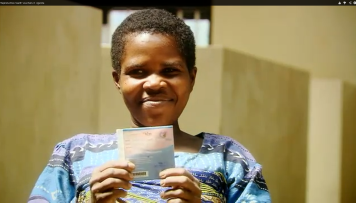
Technical Assistance
Uganda: Reproductive Health Vouchers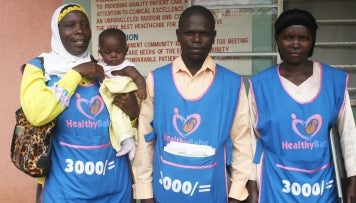
Grant Funding
Uganda: Reproductive Health Vouchers in Western Uganda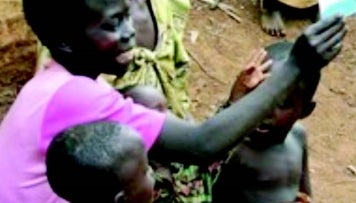
Grant Funding
Uganda: Reproductive Health Voucher Program (RHVP II)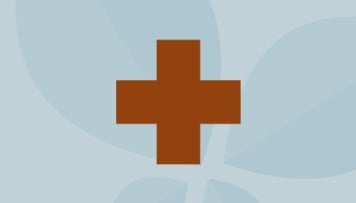
October 24, 2007 |Press releases
US$4.3 million World Bank-administered Grant for Reproductive Health Vouchers in Western Uganda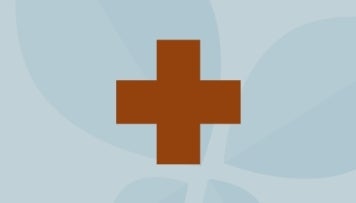
September 18, 2008 |Press releases
Reproductive health improvement program launched in Western Uganda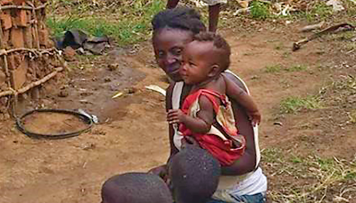
April 16, 2020 |Feature Stories
Helping Ugandan mothers realize their dream of delivering a healthy baby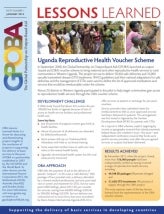
Uganda Reproductive Health Vouchers Scheme
According to a 2003 study, about 435 women die per 100,000 live births in Uganda because of lack of access to health service facilities a
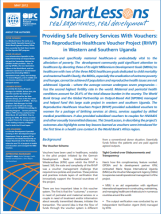
Providing Safe Delivery Services With Vouchers: The Reproductive Healthcare Voucher Project in Western and Southern Uganda
GPOBA presented key lessons learned in the Reproductive Healthcare Voucher Project (RHVP) in Uganda through the International Finance Cor


